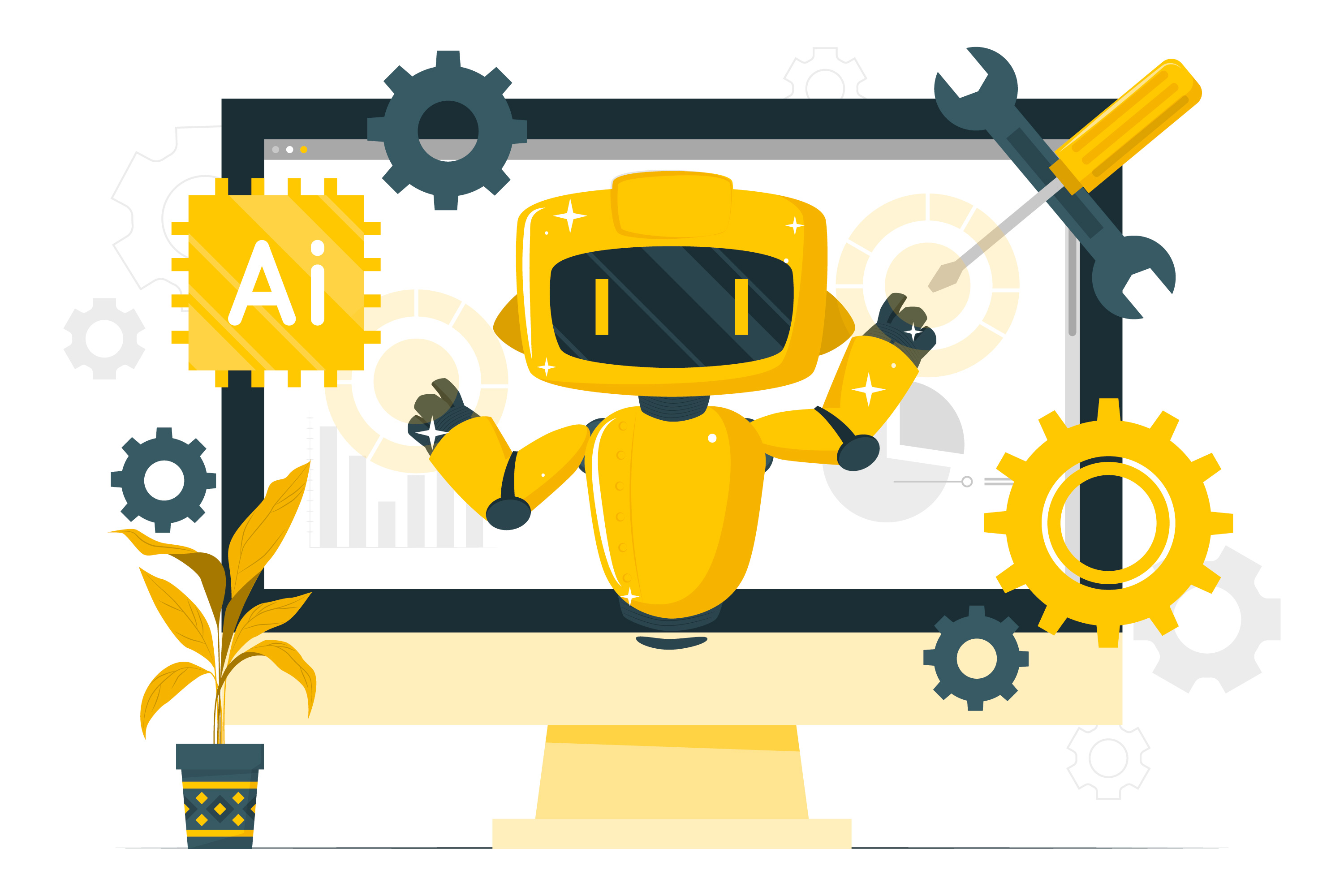What is Automation Testing?

Automation testing is a software testing technique that uses specialized tools to automate the execution of test cases, instead of performing them manually. This approach helps to improve accuracy, save time, and ensure the reliability of software systems by running tests automatically.
Why is Automation Testing Important?
Automation testing is crucial for modern software development because it addresses the limitations of manual testing. By automating repetitive tasks, it:
- Reduces human errors
- Saves time and effort
- Improves test coverage
- Allows for faster feedback during development
"Automation testing is not about replacing testers, but empowering them to focus on more complex and creative testing tasks."
How Does It Work?
Automation testing works by writing test scripts that mimic user actions. These scripts are executed using testing tools like Selenium, TestNG, or Cypress. The results are then analyzed to identify bugs or performance issues.
Types of Automation Testing
Automation testing can be classified into several types, depending on the focus and scope of the tests:
- Unit Testing: Testing individual units or components of the software.
- Integration Testing: Verifying interactions between different components or modules.
- Regression Testing: Ensuring that new changes don’t break existing functionality.
- Performance Testing: Evaluating the system’s performance under load.
Benefits of Automation Testing
The advantages of automation testing go beyond just saving time:
- Reusability of test scripts
- Consistency in test execution
- Cost-effective in the long run
- Enhanced accuracy and reliability

Common Tools for Automation Testing
- Selenium: A powerful tool for web application testing.
- Cypress: A modern testing tool for front-end applications.
- JUnit: A framework for unit testing in Java.
- Appium: A tool for mobile application testing.
- Katalon Studio: A comprehensive automation testing solution.
Challenges in Automation Testing
While automation testing offers numerous benefits, it is not without challenges:
- High initial setup costs
- Complexity in maintaining test scripts
- Limited ability to test dynamic or visual elements
- Requires skilled testers with programming knowledge
Future of Automation Testing
With advancements in Artificial Intelligence (AI) and Machine Learning (ML), automation testing is evolving to include self-healing scripts and predictive analytics. These innovations will further enhance the efficiency and scope of automation testing.
Moreover, the integration of automation with DevOps pipelines is making continuous testing a reality, ensuring high-quality software delivery at a faster pace.